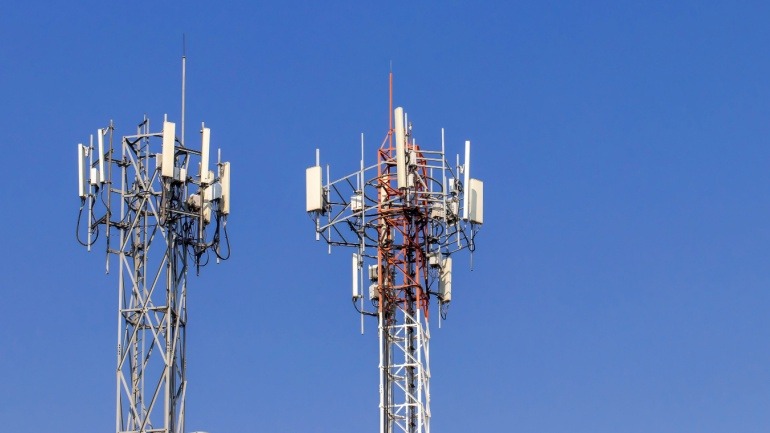In a significant move, Telefónica is phasing out Huawei technology from its 5G networks in Spain and Germany. This decision aligns with the local regulations in these countries, which restrict the use of certain Chinese technologies in telecommunications. Meanwhile, Telefónica maintains its partnership with Huawei in Brazil, where no such restrictions are enforced.
Emilio Gayo, the chief operating officer of Telefónica, emphasized their compliance with local regulations, stating, “In both Germany and Spain, we are reducing our exposure to Huawei following the rules we have in these countries.” He also noted the company’s minimal reliance on Huawei technology in the U.K. due to existing bans.
This strategic decision underscores the necessity of regional approaches in the telecom industry, where companies must align with varying national security standards and regulatory environments. Europe stands firm against Chinese telecom vendors, but Telefónica continues leveraging Huawei solutions in certain Latin American markets, particularly Brazil, where flexibility in regulations allows for such engagements.
The European Commission (EC) has exerted pressure on member states to reduce reliance on “high-risk vendors,” a category which includes Huawei. In 2020, the EC advised countries to exclude these vendors from core telecommunications infrastructure, raising concerns over cybersecurity and foreign influence.
Countries like the U.K., Denmark, Sweden, Estonia, Latvia, and Lithuania have imposed strict bans on Huawei in their 5G networks. Although, the U.K., having departed from the EU, initially permitted limited Huawei involvement before implementing a full ban in July 2020.







